Azealia Banks
It's hard to see our musical icons as real people. They are precious, they are flawed, but somehow we hold them up to a standard different than our own. Such is the case with Azealia Banks, the dance-pop and house rap architect responsible for bangers like "Seventeen," "212," as well as a string of very public feuds. But behind her energetic singles and frequent online quarrels is a real person. "Every day is a difficult time," she admits, "I'm Azealia Banks."
Banks has never been shy about her own struggles with mental health. In December of last year, Banks posted a heartbreakingly confessional post to her Facebook, explaining how the public refuses to listen to her as she struggles with coping and finding peace, as she struggles to find the right psych-medication to fix her situation, and how her experiments trying different psych-drugs have left her feeling drained and ugly.
This past November, Banks allowed Complex to come join her for a few days in New York City, to learn more about her journey, to better understand where she is coming from, and to find out how she deals with her demons, again and again.
In partnership with Well Being Trust, Complex recently created a mini documentary on Banks' journey towards recognition, redemption, and self-actualization in the face of mental health tribulations. Watch Azealia Banks to get a deep look inside the life of one of pop music's most controversial figures, one who is beautiful and flawed, just like the rest of us.
#BeWell #BeHeard
Greg Oden
Greg Oden shares about the important role his family plays in his mental and emotional well being.
#BeWell #BeHeard
ABBY WAMBACH
Soccer Star Abby Wambach talks about the importance of opening up about her mental health and how it changed her life.
#BeWell #BeHeard
FREDDIE GIBBS
Artist Freddie Gibbs opens up about his recent hardships, the mental and emotional impact and how he was able to come out on top.
#BeWell #BeHeard
Black Lives Matter Founder Alicia Garza Talks Staying Centered in the Face of Extreme Adversity
I was 15 when I first started cutting.
I remember it well. I was in high school and was trying to figure out who I was. Being one of a handful of Black teenagers in a predominantly white high school and community was not easy. I rebelled against my parents, who were strict and had high expectations of me. One afternoon, all of my insecurities, rebellion, and experimentation with drugs and alcohol put me in hot water. I was with a friend in a Long's Drug Store and decided that I wanted some Lee Press-On Nails. I, of course, didn't have any money to buy said item but that was ok because I'd decided to steal them.
I'd told my parents that I was going to my friend's house to study for our French exam, but really, I'd gone there to get high and sip on vodka and orange juice, and smoke cigarettes. We convinced my mother, who was usually very diligent about making sure that an adult was present, that my friend's mom was on her way home and just got stuck in a little traffic, and that we would make sure she called my mom when she arrived at home. While we were waiting for the mother who never materialized, we walked down to the local drug store to pick up cigarettes—my friend had a fake ID.
I remember sliding the package up my sleeve. I remember heading to the checkout counter with my friend and her fake ID. I remember feeling a little buzzed from the screwdriver we'd just had and I remember looking forward to the cigarette we were going to smoke together. I remember I was less than five feet out the door when I heard someone say, "Ma'am, are you currently in possession of items you did not pay for?" I froze. I claimed that I didn't have anything, knowing that my parents would kill me if they found out I'd stolen from a store. I even tried to claim that I was an emancipated minor, so that they wouldn't call my parents. The store did, of course, call my parents, reminded me that if I was emancipated that I was headed straight to jail, and when my parents and my grandmother showed up to collect me, I was sitting in a chair in a back room in handcuffs.
My grandmother had just arrived that evening from Toledo, Ohio, and as strict as my parents were, my granny was even more strict and she was Southern—the kind of woman who would flick your elbows if they landed on the table. I'd embarrassed myself and my parents in front of my strict Southern grandmother.
My parents, determined to show me and Grandma that there would be serious consequences for my actions, grounded me for a year. Yes—365 days. I, being a very social being and also a hormonal one, was devastated. That devastation, the disappointment in myself and the isolation became too much, and I began to cut.
At first, it was a way to ease the pain that I felt. But soon, it became a way to tiptoe closer to the edge of what it might mean to cheat death. For almost a year, I cut my wrists and arms. Band-Aids and long sleeves helped cover my wounds, at least in public, and when I was asked what happened to my wounded arms and wrists I would respond that it was due to some manual labor that my parents had me doing as punishment for scaring them half to death.
That year, I learned a lot about myself. One, I learned that I did not, in fact, want to die. Two, I learned that there was a pit inside of me that could be dangerous for me if I wasn't careful.
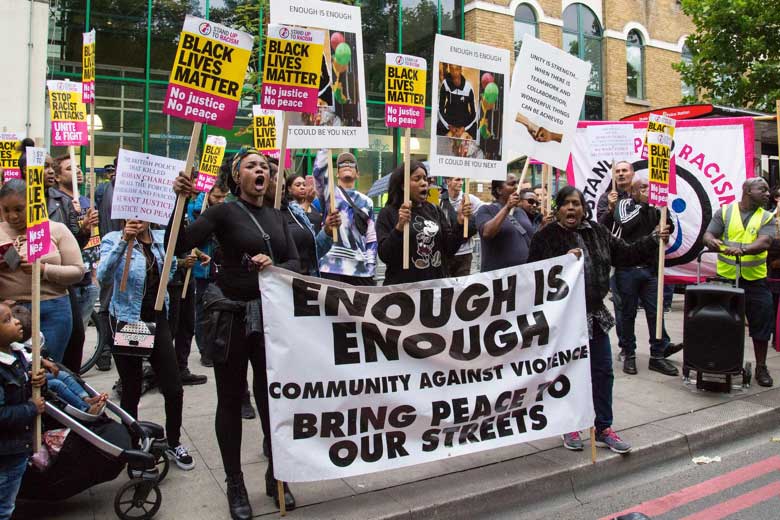
Four years ago, my two sisters and I created Black Lives Matter as a call to take action against state sanctioned violence, in response to police killings of Black people specifically and anti-Black racism generally. Since then, the three of us, alongside dozens of other leaders across the country, have become prominent figures in this movement.
I'm not a stranger to this side of the work, as I've been an organizer for nearly 20 years. I can say that the same kinds of dynamics exist at the local level as they do at the national level. But it doesn't ever get easier. As much as I believe in the goodness of human beings, I've also seen and experienced the not so nice side of humans that we all carry inside of us—narcissism, jealousy and ego, and more. It never gets easier.
People who have never met you and have no real relationship with you attack you and say horrible, awful, terrible things about you. There are the death threats and the trolls, and then there are people who are supposedly "on your side" that use your visibility as an excuse to degrade and dehumanize you. There's conspiracy theories, people who just can't bring themselves to like you, threats, trolling, political disagreements, all of which are the unspoken consequences of being someone that other people know of.
When I first started organizing, I remember committing myself to this work for the long haul. I know that in order to stay in this work for the long haul, that I needed to prioritize my mental and emotional health and wellness.
Once, after a campaign that we ultimately lost, I fell into a deep depression. I'm pretty sure I didn't leave my couch for about two weeks, crying and reading the comments under every article that was written about our loss. I was preparing to be married just a few short months after that, and I was tossed back to being 15 years old, looking for an outlet for the pain I felt.
Since then, I've invested in my emotional and mental health as if it is food, or water, or air. If I don't make that investment, if I am not a commitment to my own wellbeing, I worry that I will find that deep place, fall in, and not be able to emerge again. And while I have compassion and empathy for the 15-year-old me, I also know that I don't want to go back there.
That doesn't mean that I'm ok all the time. I still get angry, I still hurt and get disappointed, especially if and when I disappoint others. Sometimes I don't sleep enough or eat the best that I could, and I never met an alcohol that wasn't my friend.
But health and wellness aren't about being perfect or being ok all the time. It's about taking care of what needs caring for, so that we can get closer to what moves in us. It's about having an array of choices that we can access at any given moment.
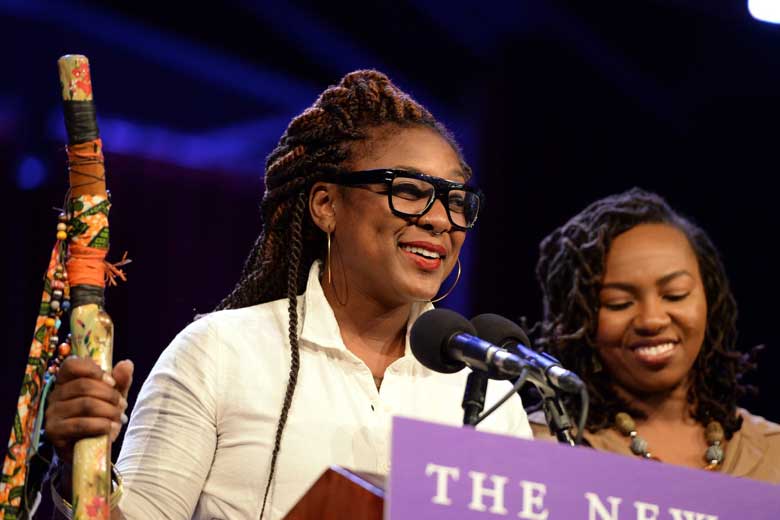
A few years after that big campaign loss, I went through a program called Black Organizing for Leadership and Dignity (BOLD). BOLD is an organization that supports Black leaders to build their capacity to lead. Using a combination of methodologies that include but are not limited to somatics, African and Black American spiritual practices, political education and leadership development, I was able to access tools, skills and strategies that support me to care for my mental and emotional wellbeing.
I began to understand my learned responses to trauma, and how those learned responses impact me, my relationships, and my purpose. I'm still learning how to deploy those practices in the service of that which I care most about. I learned to cultivate compassion for the brilliant ways I learned to care for myself, and I learned that I have agency to determine how I care for myself today.
I am a commitment to a durable and resilient heart. To get closer to my commitment, I strive to practice yoga at least five times a week; to practice meditation for 10 minutes each day, and to purposefully envision solutions and freedom for ten minutes a day.
I practice not to be perfect, happy, or joyful, although I am grateful if and when being happy or joyful is an unintended consequence of my practice. I practice in order to feel. To look squarely at what is. I look courageously at my flaws, my sadness, my fear of disappointing people, my own disappointment because I want to have a heart that is durable and resilient. That breaks apart and can be put back together again. Both and, not either or.
I am a commitment to building a vibrant, transformative movement for Black liberation. To get closer to my commitment, I practice the things that help me have a durable and resilient heart. Because I know that building movements is hard. Hell, change is hard. I know that I will have my heart broken a million times. I know that sometimes things will be hard, that I will be hurt and I will hurt others. Being a commitment to a durable and resilient heart is a commitment to our people, in all of our complexities and messiness. It is a commitment to myself and my purpose. It is a commitment to healing so that the world that we dream of can arrive as the world that dehumanizes us gets dismantled.
My emotional and mental well being depends on my commitment to what I care for most. It depends on being resilient, which is not the same as being perfect. It depends on being durable, which is not the same as infallible. And when I move towards the things I care most about, I am the most free I have ever been. Wounds, cuts, scars and all.
It takes a brave person to recognize that his or her own life has become too much to manage alone, and an even braver person to take the steps to reach out and talk about it. Share your realness by using #BeWell and #BeHeard when you're ready.
If you or someone you know needs more immediate intervention, please contact one of the following
Call the National Suicide Prevention Lifeline at 800-273-TALK (8255).
Text LA to 741741 to talk with a trained Crisis Counselor for free, 24/7.
Teens can talk with a teen listener at 310-855-4673 or Text TEEN to 839863
#BeWell #BeHeard
Channing Frye Talks Depression and How He Finds Ball-Life Balance
Channing Frye makes it his mission to come at the game of basketball with a healthy, cheerful attitude. While his role on the Cav's current roster sees him sitting on the sidelines for the foreseeable future, Frye is still the first to brag about his teammates and champion their abilities, even recently going on record saying how his new teammate Derrick Rose has been playing phenomenally in practice, explaining it akin to "BBQ chicken every day." A testament to his vocal nature, Frye hosts the Road Trippin' podcast where he dishes on the daily life and inner workings of Cavaliers. While originally co-hosting the show alongside his buddy and Cav-turned-Nugget Richard Jefferson, Frye will continue the show in his former teammate's absence alongside Cavs sideline reporter Allie Clifton and Spanish radio announcer Rafael Hernandez Brito.
But it hasn't always been easy for Frye to remain open about his experiences and in optimistic spirits. A double punch at the end of 2016, Frye lost both his mother and father within months of each other–the former to cancer, the latter to a dilated cardiomyopathy. Unable to process his grief, Frye became engulfed in a deep depression and his basketball game began to slip. Taking this past summer to train and simultaneously give himself room to process his feelings, the 34-year-old now has a better perspective on what he can take out of that tragic period of his life and how he can move forward as a better man and as a better father.
Complex and Well Being Trust recently caught up with Frye in his home in Cleveland to talk about his losses, how he was able to pull himself up from despair, and why he's confident that this season is going to be the Cav's best season yet, with or without him.
(This interview has been edited and condensed for clarity.)
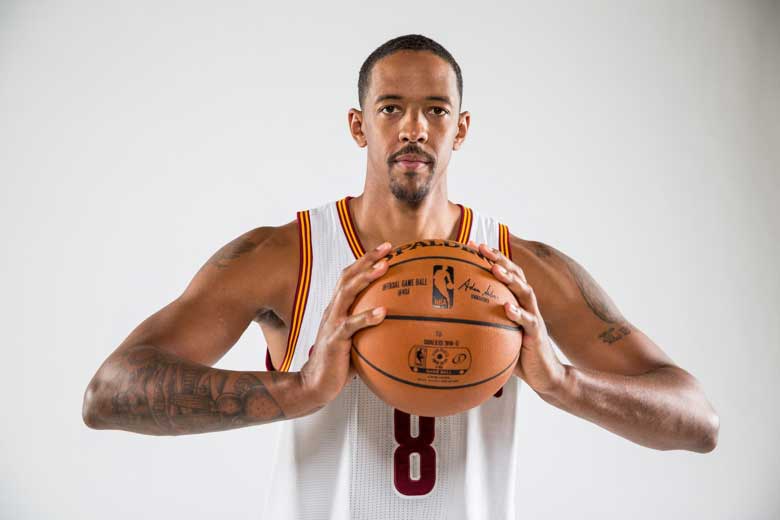
Why did you first decide to open up about your struggles with depression?
The biggest thing for me was just being able to be comfortable with the situation as much as possible, telling my story and normalizing it which is kind of hard because nobody thinks about these things until they happen. For me, it felt good to talk through my emotions: to talk through how I felt and how it affected me and how I can be vulnerable. In my situation [playing in the NBA], a lot of guys are happy all the time. We live great lives. We do what we love to do. We're paid nice. But life also happens. I just wanted to show who I really was: that I am vulnerable, I am upset, I am sad. I do cry and I do miss them.
When did it get to the point where you needed to take a step back from what you were doing?
I'm pretty good at hiding things but I didn't know until the season was over how emotionally exhausted and how broken I really was. I've spent a lot of time over the summer talking to professionals and being able to adjust and to be able to let go of some of the things that I felt. As professional athletes, we're suppose to tuck emotion down away and you get used to that because in a game, you may not like a play, but you have to let that go and continue moving on. Real life is different. What worked for me was just having a time and a place to be emotional and to open up about how I felt and to acknowledge that I'm not okay. Some serious crap went down and I need to be around a good positive situation for me to continue to be successful and to be okay with not being okay.
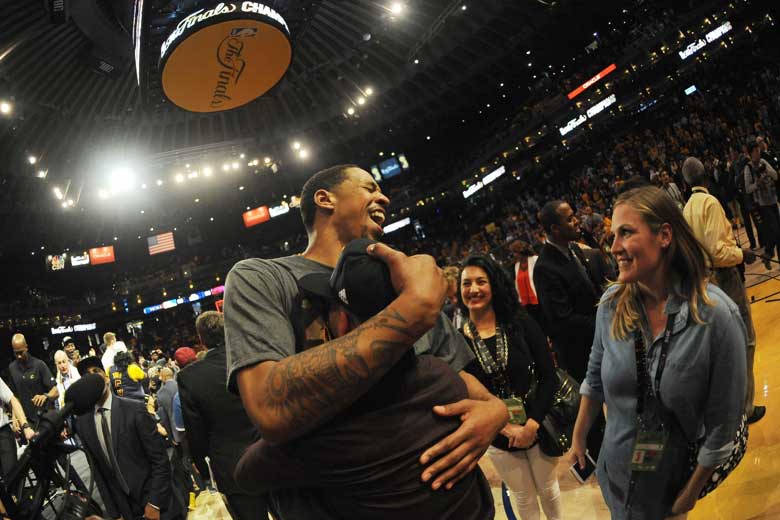
Do you find NBA fans to be sympathetic to your situation?
Yes and no. I just think they don't understand. The way that athletes have been viewed for so long, it's like, 'listen, no matter what's going on in your life, you come out here, you do your job, and then you go back home.'
It's hard when you can't get out of bed, or when you can't enjoy the little things, when you know you should; when you're around people that you love but you don't feel the love, when you're doing things that you like, that you should be proud of yourself for, but you know you're not; when it's just like a funk. Your body aches, your mind aches, and for me, that's how it was. It was like, no matter how much I stretched or warmed up, I still was stiff, I still felt broken. I can attest for people when they start to feel like that, even if you may think you're okay, go see somebody; talk to somebody. You may learn something about yourself that you didn't know and you can avoid that situation from getting deeper. Luckily my friends got me from doing this, but moving into substances to mask it or to hide it or to not feel it. I think sometimes you have to feel all that grunge, that pain, that hurt, and that way you can acknowledge it and that way you can address it and let it go.
Did you have a place to go to or activity that helped you through your situation?
For some people it might be on the treadmill, or listening to a certain song. For me, it was my 35 minute drive to practice everyday. That was my time to have conversations just me in the car and my music. There are certain songs that I listen to that mean a lot to me. They put me into that vulnerability mode because they were the songs that I was listening to during my moments there at the funerals.
After my mother's funeral, I had to take a train to Washington D.C.. The train attendant came by to give me a soda and saw me losing it. I was like 'sorry, I just came from my mom's funeral, would you mind giving me a second?' She was the nicest lady in the world. I think that hour and a half train ride I literally was sobbing the whole time, I had to be strong for my brother and for my family and stuff like that, but that was my time to really like just be like 'this sucks.'
When I feel like I need to address those feelings, I turn this music on and I go to that place. I'm okay with that. I'm okay with feeling vulnerable. Vulnerability is tough, especially being a man. I had a heart issue, and a lot of it was caused by stress and anxiety. I know that my father had really high anxiety too.
How did your parents treat vulnerability?
My dad was an old school guy, but my mom was very much like 'you feel what you need to feel.' Of course, you're going to take after your dad too. Once I got older, I understood that even he was dealing with stuff incorrectly and it affected his health and his personality.
When I deal with my son, my wife and I definitely take the time to make sure that he feels comfortable in every situation. The communication needs to be there. I think my wife has done a great job at really getting good at being able to communicate with our children.

How were your teammates during this period?
Those guys really understand me. Richard, LeBron, Kevin, James Jones, Tristan Thompson, J.R., they understand who I am on a daily basis, they know when I'm just not me that day, and they know how to get me back to being me, to remember that this is fun.
This year is a different role for me, our team is really deep. I've had to take a step back, just because different role, different team, different personnel, but I'm still challenging myself to become better and be ready. For me personally, this year is gonna be one of my best years as I challenge myself individually. Can I be consistent? Can I keep my positivity up? Can I be that locker room guy that I know I can be? Can I do all of these things? Or am I going to go by the wayside because things don't go my way? That is what is going to make me a better person in the long run, and I think that's what's going to help our team.
Your podcast, Road Trippin', has also become incredibly popular. Has having a podcast helped you to become better at opening up?
Of course. It's being around friends. It's surrounding yourself with people who you have an appreciation for. It's a healthy outlet. We have really tried to do something different and give people another view of who we are as a team. I think that's what is exciting for us–for people to be like, 'I didn't know that Dwyane Wade was into this.' We're in the media so much yet the media has their ideas about who we're supposed to be and how we're suppose to feel. I want people to get that information from us, not from someone who's not in the locker room or from someone who's not on the plane with us, who's not really looking out for each one of us. They're just there for the story.
Do you think depression is prevalent in the NBA?
I wouldn't be able to give you an answer for that because I don't know how other people live. My best answer would be probably yeah, there might be a bunch of guys that are depressed and they just don't know it and deal with it in unhealthy ways. Whether that be too much working out or not having a correct diet.
It's fine to not be okay right now. Just allow yourself to be given the right information and make the right decisions that will help you to feel better.
It takes a brave person to recognize that his or her own life has become too much to manage alone, and an even braver person to take the steps to reach out and talk about it. Share your realness by using #BeWell and #BeHeard when you're ready.
If you or someone you know needs more immediate intervention, please contact one of the following
Call the National Suicide Prevention Lifeline at 800-273-TALK (8255).
Text LA to 741741 to talk with a trained Crisis Counselor for free, 24/7.
Teens can talk with a teen listener at 310-855-4673 or Text TEEN to 839863
#BeWell #BeHeard
Geto Boys Member Willie D Shares How He Learned to Trust the Process
I'm a turbulent '60s baby, raised in poverty by a single mother who beat the living hell out of me and my siblings – but mostly me. She would regularly come home from the nightclub in the wee hours of the night in a drunken stupor, wake me from a dead sleep, and lay into me for something I did or didn't do. She would often say, "I'm harder on you than the rest of them (my siblings) because you're better than them. I can see it in you. You're gonna be somebody."
In my house – well my mother's house – nobody cared about your opinion, and conflict resolution usually meant you got physically injured, but nobody went to the hospital. It was like being controlled by a totalitarian regime. My mother's favorite saying was, "I pay the cost to be the boss." She could be the sweetest person ever but that gesture was usually reserved for others. So why was I sitting on the edge of my king-sized bed in my bedroom, alone on Valentine's night with a loaded Taurus 9-millimeter semi-automatic pistol contemplating suicide just hours after she died?
Like anyone who has ever been that far gone - whether they completed suicide or not - I guess I didn't really want to die. I just wanted the pain to stop. This was the same pain that my mother was responsible for when I was a kid on at least two prior occasions when I contemplated ending my life deliberately. It's hard to explain but instead of feeling as though a burden had been lifted by the passing of my abusive mother, I felt a sense of existential depression. Like I said, I'm a '60s baby. Back then your mother didn't have to treat you well or do anything great to earn your love. You loved her simply because she was your mother; the woman who gave you life. So as evil as my mother was to me on many occasions, she was the one constant in my life, and her death left me feeling isolated and empty.
I began bargaining with myself to give myself a reason to live. I thought about the fresh breakup with my girlfriend, my siblings, and friends. I reasoned that everyone would be okay. I put my right index finger on the trigger, massaged the gun against my temple, and felt my heart thumping stronger and faster, like that feeling you get the moment just before you're about to do something dangerous, or wrong, and your brain sends signals to your adrenal gland. Then I thought about my nephews and nieces who looked up to me.
What kind of message would I be sending them if I offed myself, and who could possibly fill my shoes as the cool ass uncle who always had their backs and supported their efforts? I also thought about my mother - how she carried her cross to the end. As I came off the ledge that evening, I employed myself with the daunting task of planning my mother's funeral. It's hard to believe but that was 23 years ago.
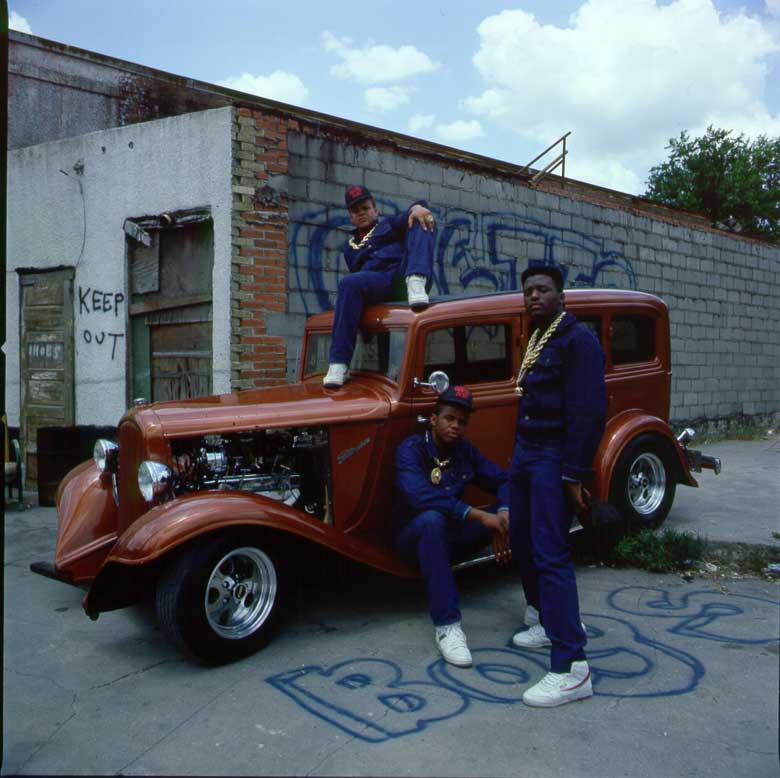
Since then, I have been married, raised two great kids, lived abroad, and recorded three gold or platinum albums as a member of the Geto Boys, whom many people consider to be one of the greatest recording groups of all-time. I have hosted my own radio talk show, fought as a professional boxer, became an advice columnist, wrote a book, launched a podcast, had sex on the beach in Greece, and lived long enough to see America elect its first black president.
Looking back, I can't believe that I was ever in that dark of a place whereas I was considering taking my own life. I can't pinpoint it, but sometime after my mother passed I realized that life isn't supposed to be easy. It's not supposed to be hard either but oftentimes it is. To get me through the tough times I've managed to train my mind to expect bad things to happen. Not in a pessimistic way but a realistic one. That way when bad things happen or things don't go as planned, I'm not so disappointed or pained that I lose my composure.
I have experienced great trauma and hardship in my life. Besides being a victim of child abuse, living in poverty, having both parents die of cancer, and dealing with the usual heartbreaks that come with playing the game of love, many of my close friends had their young lives cut short: Keith was gunned down by his child's mother. Allen was shot in the back trying to rob a dope house. Hilton was killed by a police officer. Shine was murdered trying to break up a fight. Lee died of AIDS. Mike had just finished cutting my hair, and 5-minutes later I was rushing out of my house to see his 13-year-old body lying in the street.
Being that I'm human, periodically I will become upset, and even depressed. But my recovery time is short because I have conditioned my brain to expect things to not be perfect and respond to crisis' in a non-chaotic fashion. This way of thinking is particularly beneficial to me considering that I'm in the music industry where things are constantly changing, and the world judges your worth largely on your chart position, social media followers, and how many people will pay to come see you.
Much of this thing called life for all of us is a tumultuous and exhaustive journey through grief and the search for acceptance with a whole lot of love in between. We often tend to overlook the love in plain view (family, friends, significant others, self, God), because we allow grief, and the search for acceptance to consume us. When that happens we lose hope, and our dreams and goals fade away.
I wake up each day, and do my best. Then I go to sleep, wake up, and do it again. Sometimes my mind will play tricks on me, and tell me I'm not living up to my potential. But that's okay, because while self-doubt paralyzes some people, it motivates me, and if used correctly it will humble your heart, and open your mind.
Fear is always present. I don't block it out or obsess over it. I embrace, and compartmentalize it the same way I do unfinished business, bad news, and prosperity, so that I can achieve a balance in life.
Not long ago, while dealing with a serious legal issue, a childhood friend told me on the phone, "Willie if I didn't know you personally, I wouldn't have a clue that you were going through something right now." I told him that I stay centered in the face of extreme adversity by respecting the process. That simply means allowing situations and circumstances to develop naturally. Control what you can, but don't try to force results and create unrealistic timelines.
If you want a particular job, the first step in the process is acquiring the skill set to make sure you're qualified. Then you have to fill out an application and wait on a callback. You can't go home and call the company every 5 minutes inquiring about their decision. If you do that they'll think something is wrong with you and you most definitely won't get hired.
If you live long enough you will get fired, cheated on, betrayed, lied to, criticized, and hurt. But guess what? You'll get through all of it just fine as long as you respect the process.
It takes a brave person to recognize that his or her own life has become too much to manage alone, and an even braver person to take the steps to reach out and talk about it. Share your realness by using #BeWell and #BeHeard when you're ready.
If you or someone you know needs more immediate intervention, please contact one of the following
Call the National Suicide Prevention Lifeline at 800-273-TALK (8255).
Text LA to 741741 to talk with a trained Crisis Counselor for free, 24/7.
Teens can talk with a teen listener at 310-855-4673 or Text TEEN to 839863
#BeWell #BeHeard



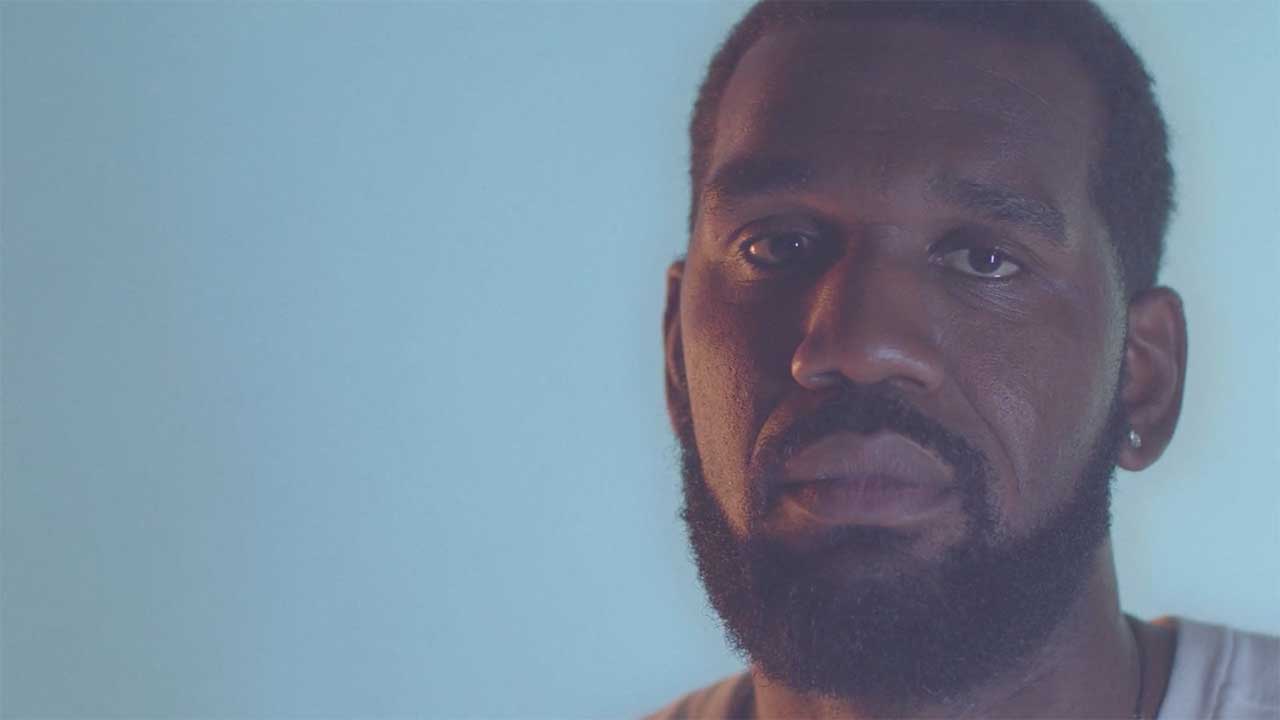
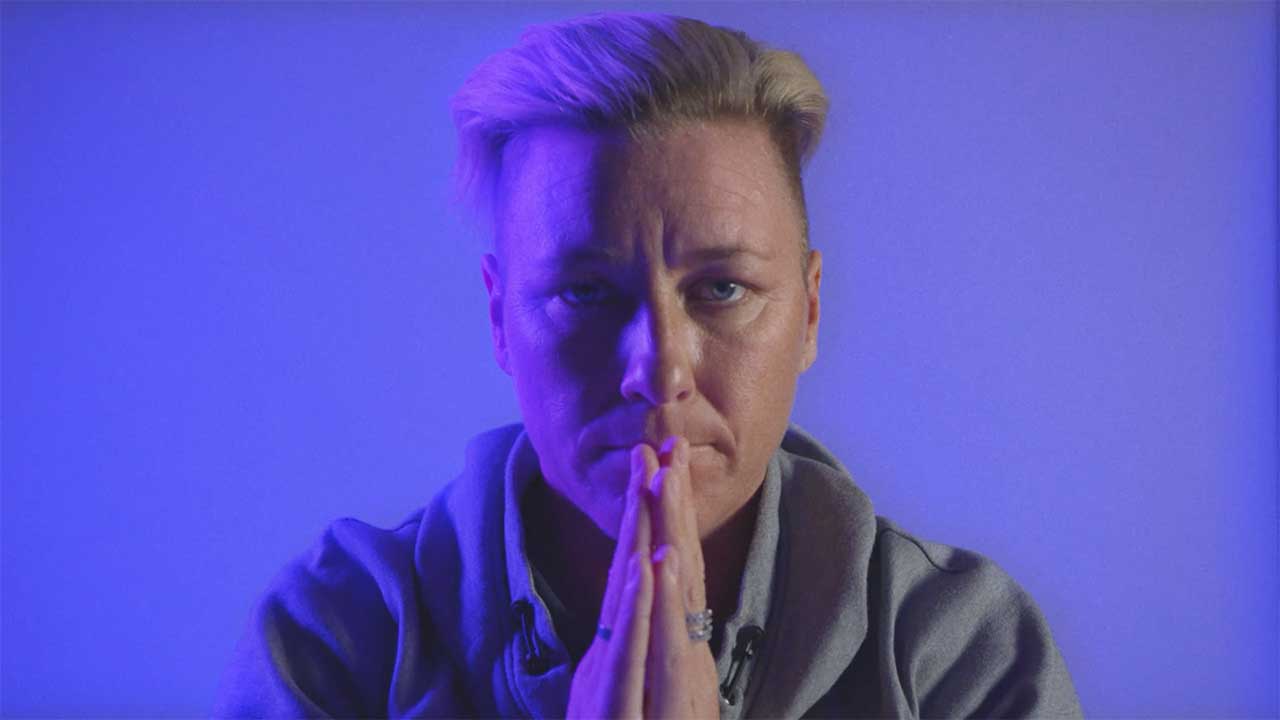

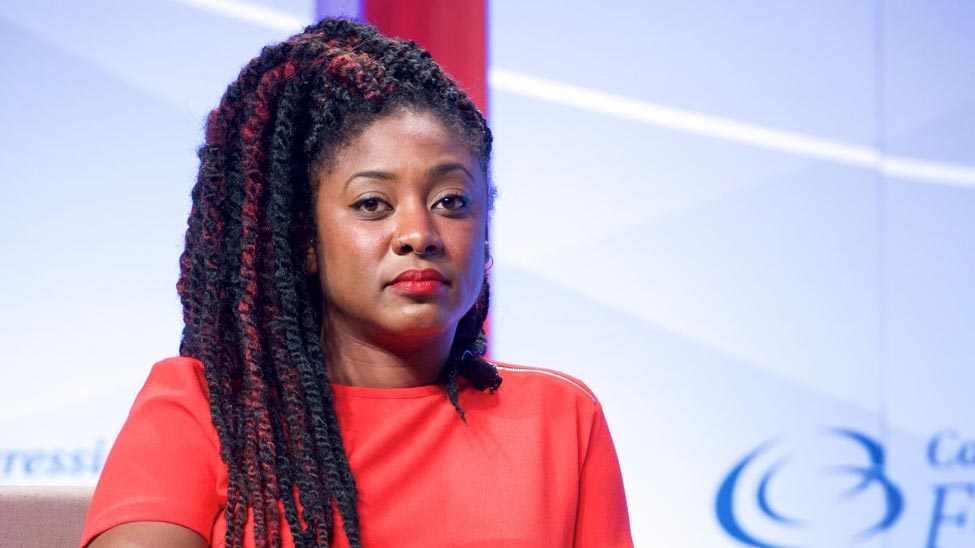
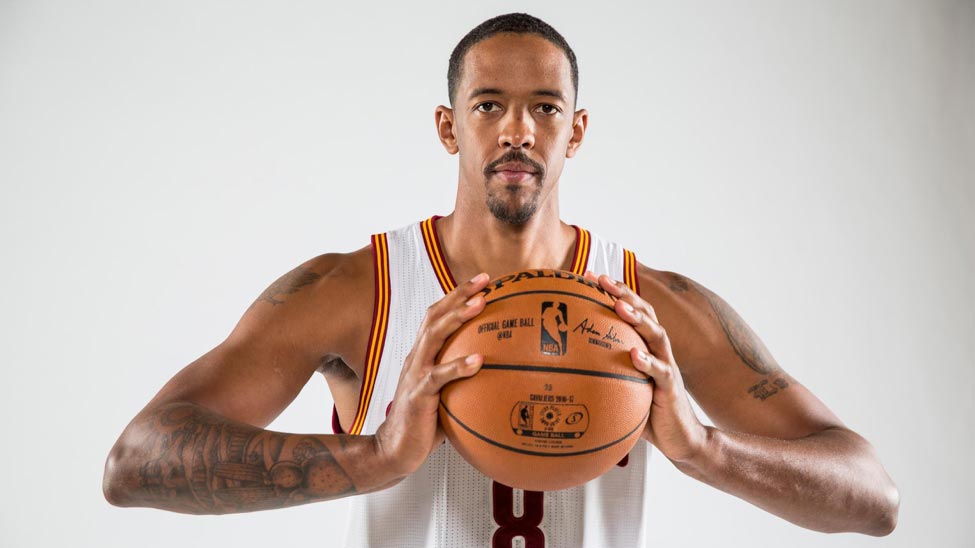



SEE MORE from WBT 

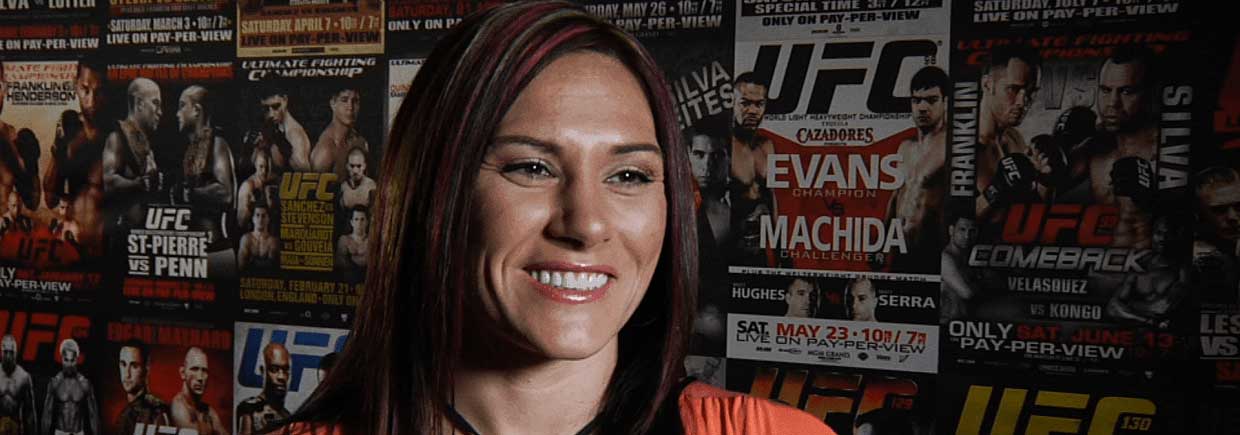
Cat Zingano, UFC fighter, discusses how she has coped with her husband's suicide with Clayton Chau, M.D.
Suicide is the 10th leading cause of death in the United States and affects people of all ages, races and backgrounds. Given that suicide has surged.
READ MORE
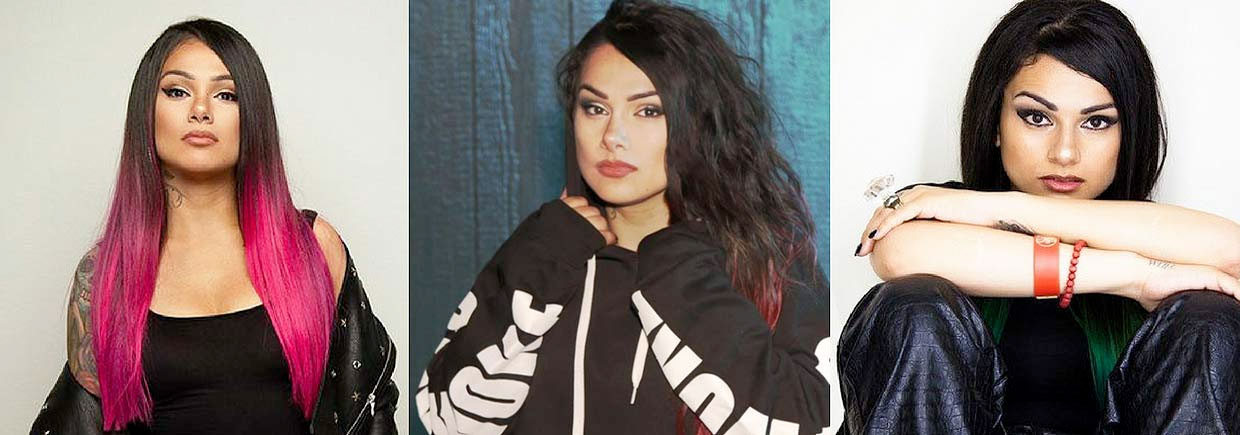
Talking mental health and music with Snow Tha Product and Dr. Clayton Chau
Interview with Snow Tha Product, a California-raised bilingual rapper, proud Latina, and an advocate for social change on mental health and music.
READ MORE
